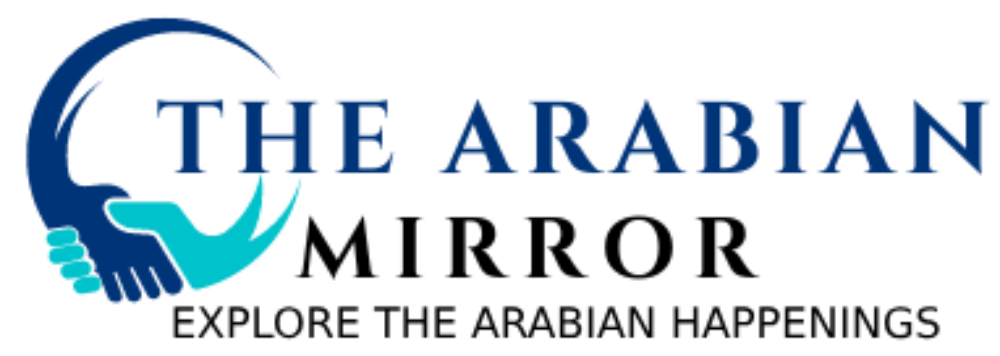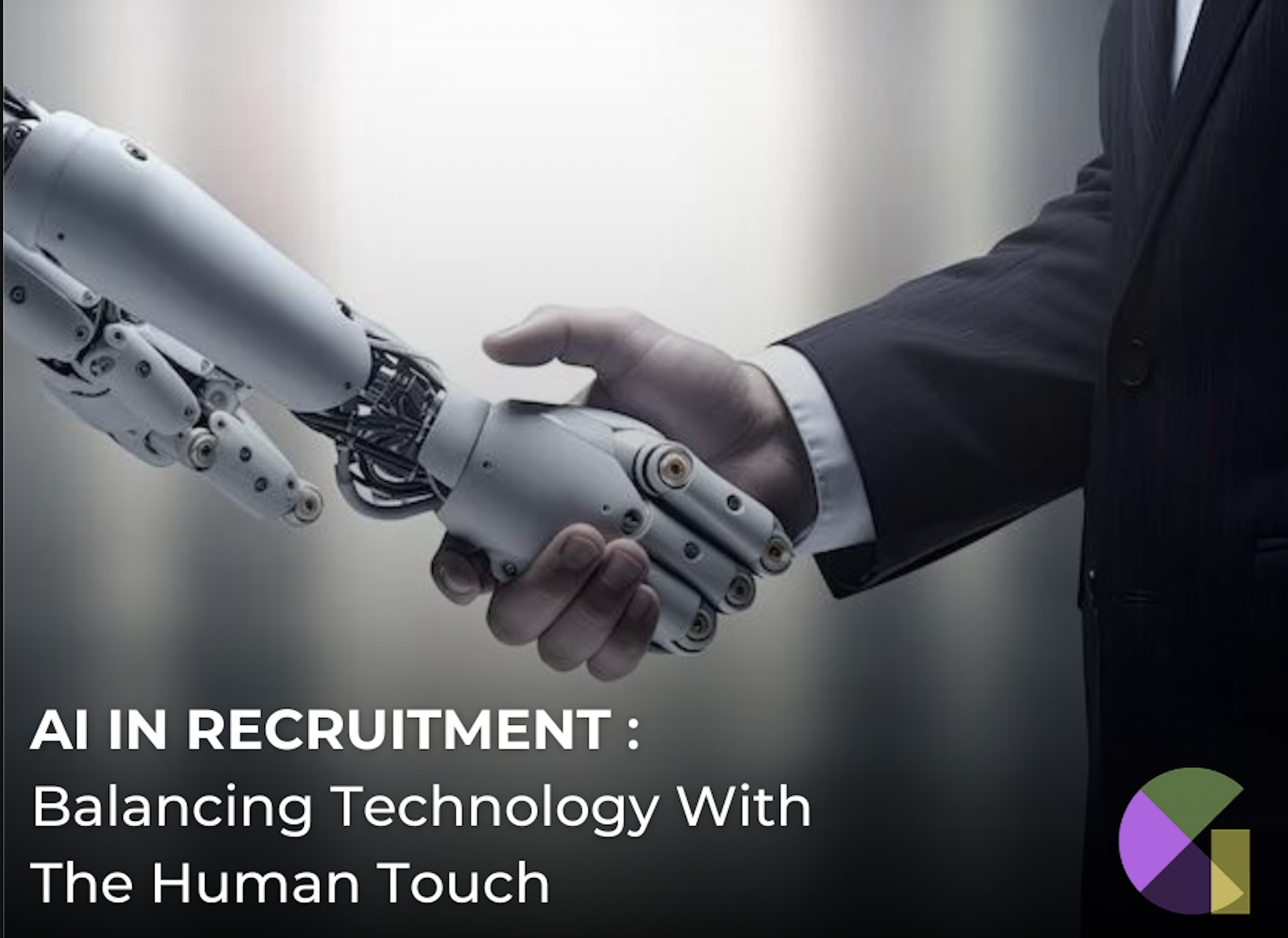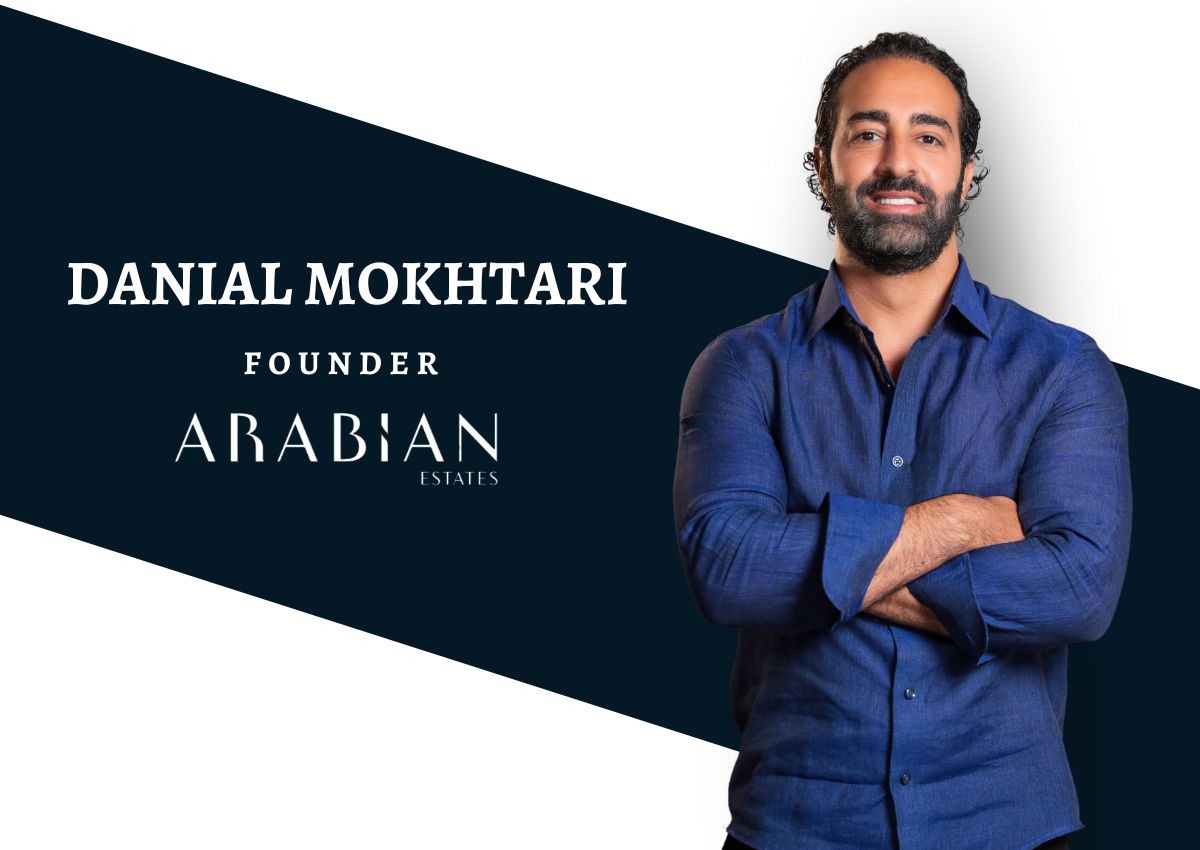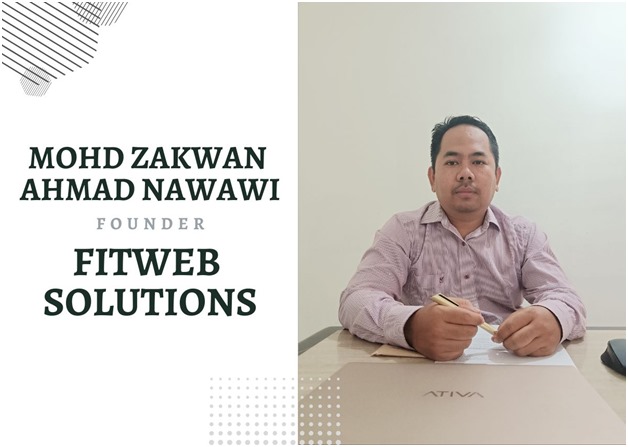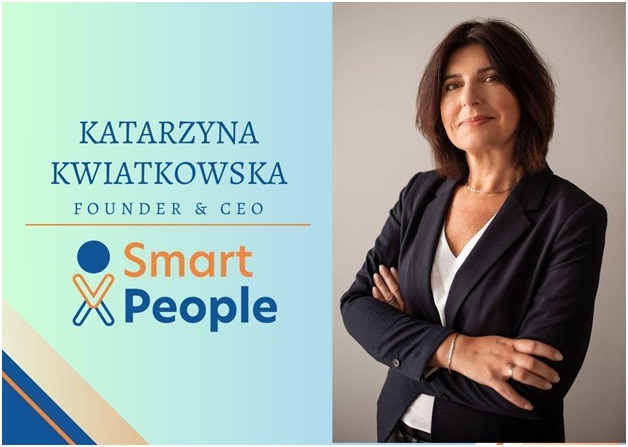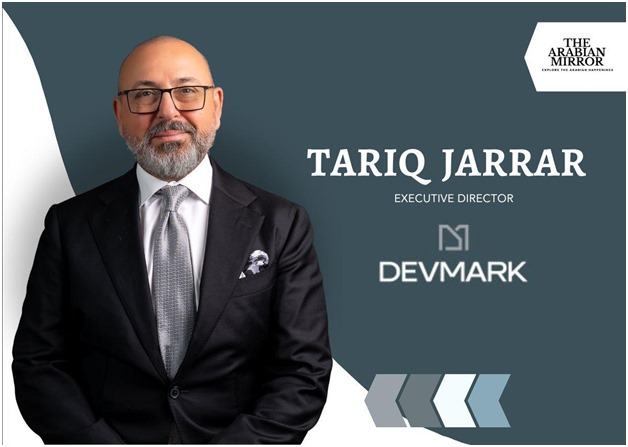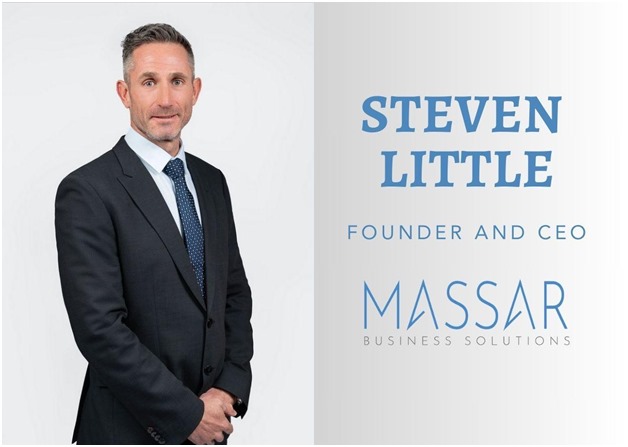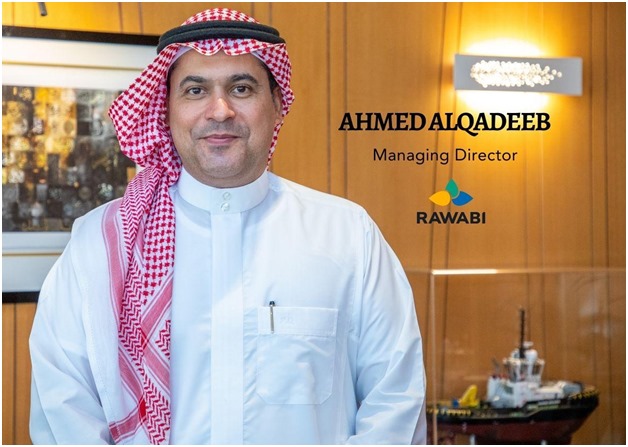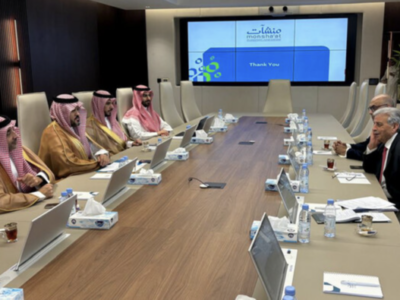In the dynamic world of recruitment, Artificial Intelligence (AI) is revolutionizing the way companies identify, attract, and hire talent. Leveraging AI can significantly streamline the recruitment process, making it more efficient and data-driven. However, successful recruitment isn’t just about algorithms and automation; it also requires the irreplaceable human touch to foster meaningful interactions and cultural alignment. Managers should understand where best to utilize technology and where human connection remains important, continually optimizing strategies for a seamless blend between the two.
The Role of AI in Recruitment
- Automating Administrative Tasks: AI excels in handling repetitive administrative tasks, such as sorting resumes, scheduling interviews, and sending follow-up emails. Automated systems can scan hundreds of resumes in seconds, identifying candidates who meet specific criteria based on keywords and experience. This significantly reduces the time-to-hire and allows human recruiters to focus on more strategic aspects of the hiring process.
- Enhancing Candidate Sourcing: AI-powered tools can scour the internet, including social media platforms and professional networks, to find potential candidates who might not have applied directly. These tools use advanced algorithms to identify passive candidates who are a perfect fit based on their online profiles, work history, and professional activities.
- Improving Candidate Matching: Through machine learning algorithms, AI can match candidates to job roles with a high degree of accuracy. These algorithms analyze vast amounts of data, including job descriptions, candidate resumes, and historical hiring decisions, to predict the best fits. This reduces the likelihood of mismatches and ensures a better alignment of skills and job requirements.
- Bias Reduction: One of the potential benefits of AI in recruitment is its ability to minimize human biases. Unlike a group of hiring managers, AI is programmed to measure quantitatively and can score and grade objectively. This also allows comparison and benchmarking across profiles over time, which is strategically important.
Our business, Gateway Jobs, uses AI at the heart of its operations to remove barriers and accelerate processes within recruitment and workforce management. Our fully integrated SaaS platform can scan hundreds of resumes, ranking them in terms of compatibility to job vacancies by keywords and phrases. Our DISC personality test, language test, and video interviews assess interpersonal skills, driving a deeper compatibility between the people and the jobs. We have technical assessments to measure role-specific understanding and have implemented chatbots to schedule interviews and handle inquiries.
Embracing AI and automation within our business has meant we can offer a wider range of services, quicker, reliably, and at a lower cost. HR professionals can focus on more strategic aspects of their role, such as employee engagement, retention strategies, and nurturing company culture, while operational teams can concentrate on revenue-driving tasks and activities.
The Essential Human Element in Recruitment
Despite the impressive capabilities of AI, the human element in recruitment remains essential. Here’s why:
- Building Relationships: Recruitment is fundamentally about people. Building relationships with clients and candidates and understanding their motivations and aspirations cannot be entirely automated. The personal and emotional connection makes them feel valued and understood, which is the difference between a satisfied customer and a delighted one.
- Assessing Cultural Fit: Cultural fit goes beyond skills and experience. It involves aligning candidates’ values, work styles, and attitudes with the company culture. This is where interviews, particularly face-to-face ones, are best. Humans are better equipped to gauge these subtle nuances through conversations, observations, and interactions that AI cannot replicate.
- Emotional Intelligence: Emotional intelligence, including empathy, intuition, and creativity, plays a critical role in recruitment. These qualities help recruiters navigate complex situations, such as negotiating offers, managing expectations, and addressing candidate concerns. Showing enthusiasm and passion to build rapport and trust, AI lacks the emotional depth to handle these scenarios effectively.
- Adaptability and Judgment: Human recruiters can adapt to unexpected changes and use their judgment to make decisions that require a nuanced understanding of context. For instance, they can recognize when a candidate’s unique background might bring innovative perspectives to a role, even if their resume doesn’t perfectly match the job description.
Strategies for Integrating AI and Human Touch
As technology evolves, the relationship between AI and the human touch will evolve. It is important to encourage curiosity, experimentation, and knowledge-sharing among employees. This mindset helps organizations adapt swiftly to change and seize new opportunities. Here are some strategies to achieve this:
- Integrating AI Tools: Organizations should integrate AI tools to handle the initial stages of recruitment, such as resume screening and candidate sourcing, and personality and skill assessments. This allows human recruiters to dedicate their time to higher-value activities, such as interviews and relationship-building.
- Continuous Learning: AI systems should be continuously updated and monitored to ensure they remain free of biases. We pioneer an objective candidate grading system where both soft and hard skills are quantified and comparable, allowing for the quick selection of the right people for team dynamics as well as the role.
- Feedback Mechanisms: Establishing feedback mechanisms between AI systems and hiring managers can lead to better outcomes. Hiring managers should receive training on how to effectively use AI tools and interpret their outputs. There should be continuous feedback between software developers and hiring managers to refine the algorithms and improve future matches.
Conclusion
AI is transforming recruitment by increasing volume, efficiency, and accuracy. AI helps Gateway Jobs quickly and objectively explore candidates’ qualifications and experience, personality, work style, and behaviors, driving a deeper understanding of who they are and their compatibility with job roles. This is core to our value proposition as it quickly weeds out unsuitable candidates and grades applicants so that hiring managers can make quick and confident decisions based on their requirements, timelines, and budget.
As leaders in the recruitment industry, it’s essential to leverage both AI and the human touch to enhance efficiency, productivity, and the overall quality of business interactions. This hybrid approach not only ensures the right candidates are hired but also fosters a positive candidate experience, ultimately contributing to a thriving organizational culture.
Follow Gateway Jobs COO Iain Buscombe on LinkedIn.
Follow Gateway Jobs CEO Poya Farighi on Linkedin.
Find Gateway Jobs on LinkedIn and visit their website https://www.gateway-jobs.com/
Sign up to Gateway Jobs – http://www.gateway-jobs.com/register
READ MORE-
Integrated Solutions For Efficient Hotel Mangement: iNPLASS
Artificial Intelligence Chip: Nvidia Introduces Its Newest
